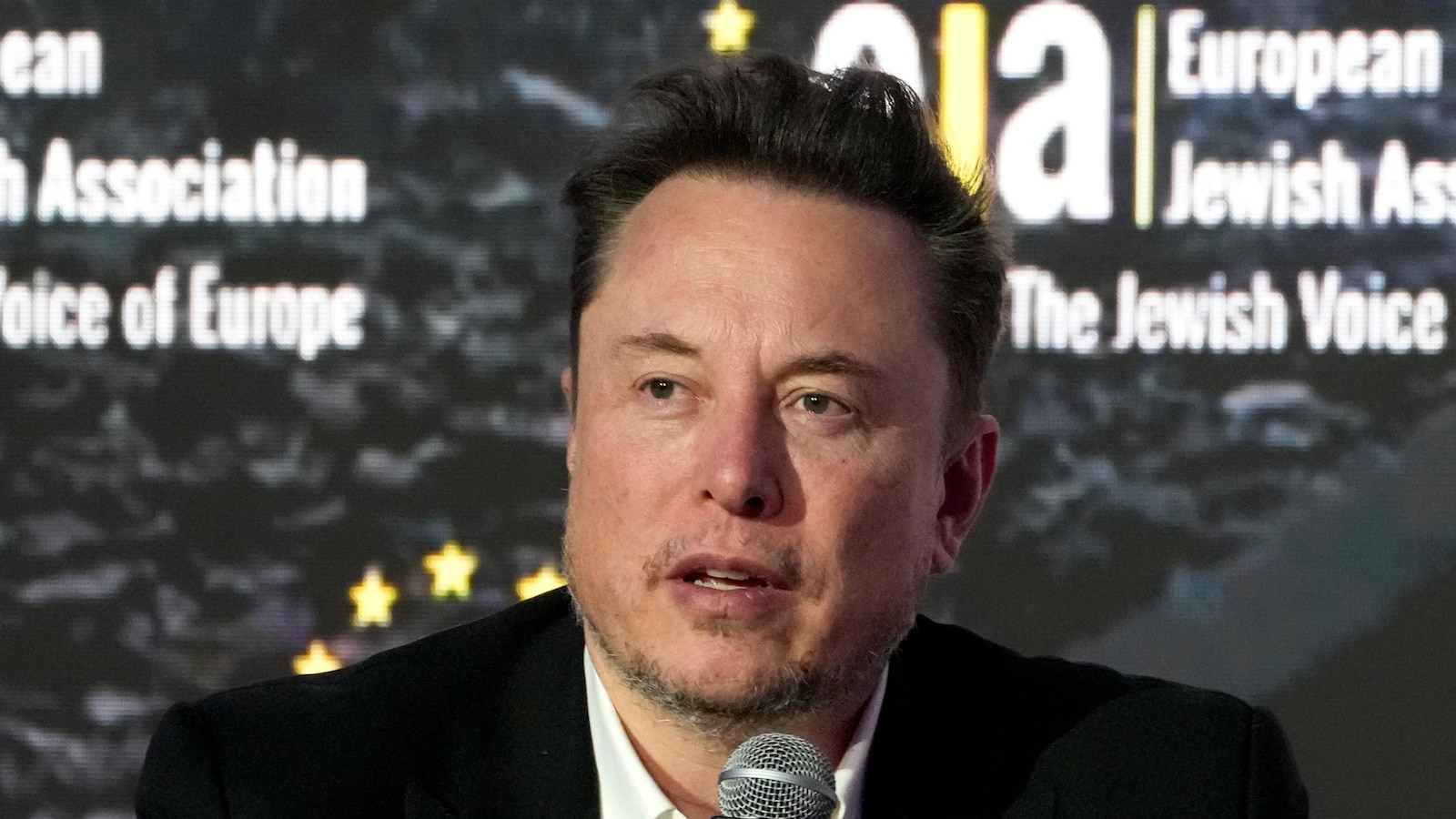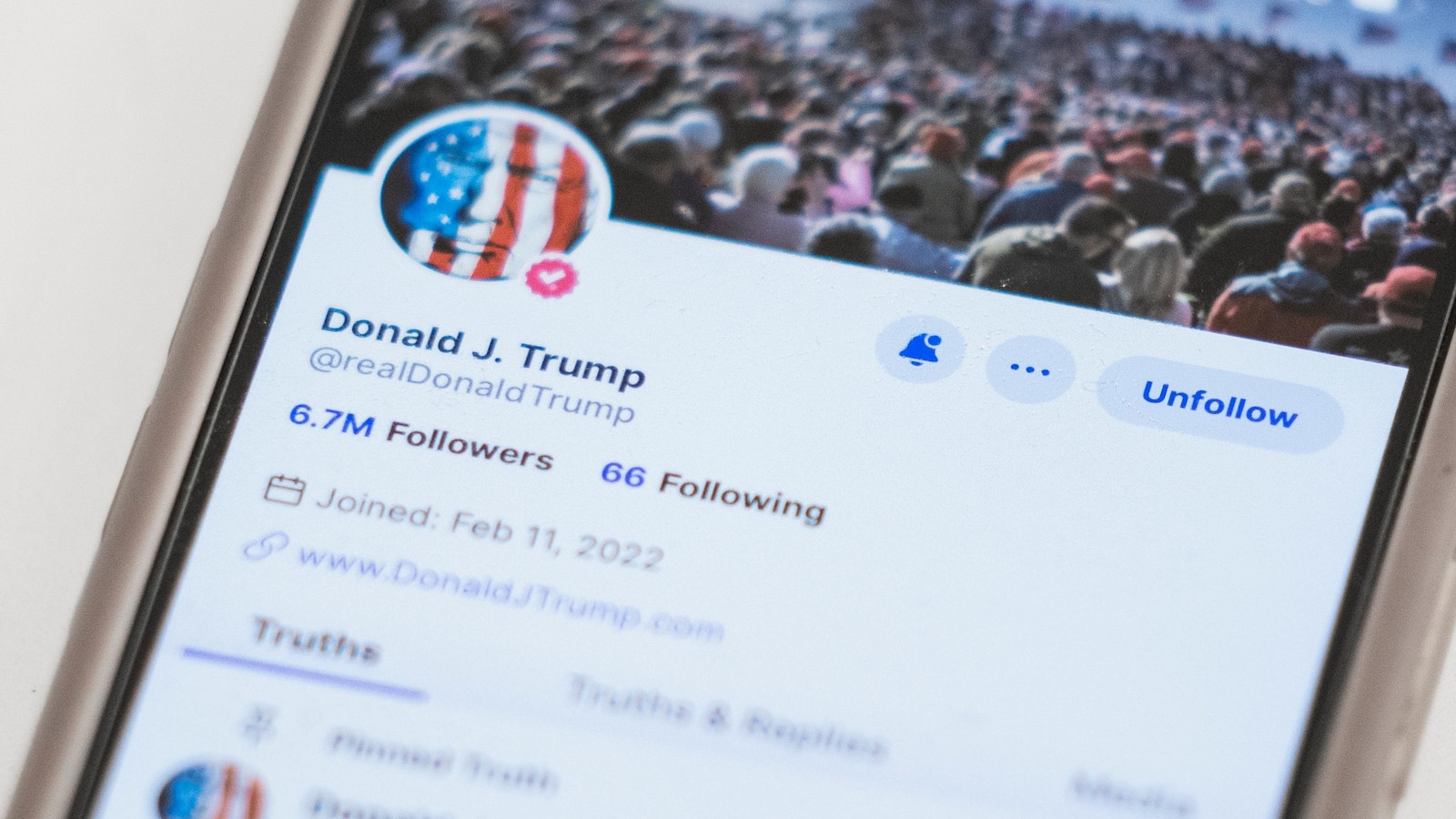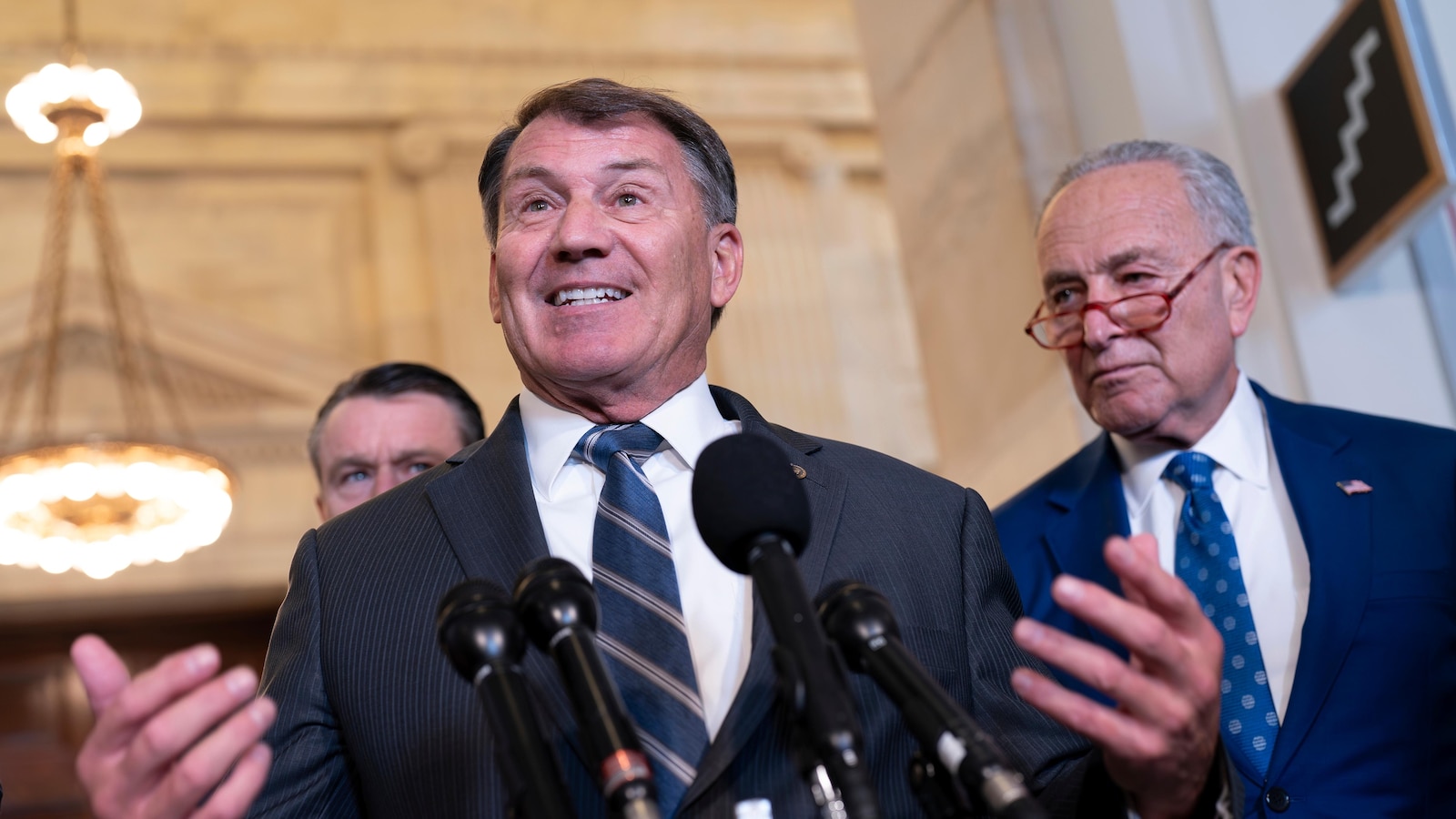
Elon Musk supported making OpenAI a for-profit company, the ChatGPT maker said, attacking a lawsuit from the wealthy investor who has accused the artificial intelligence business of betraying its founding goal to benefit humanity as it pursued profits instead.
In its first response since the Tesla CEO sued last week, OpenAI vowed to get the claim thrown out and released emails from Musk, escalating the feud between the San Francisco-based company and the billionaire that bankrolled its creation years ago.
“The mission of OpenAI is to ensure AGI benefits all of humanity, which means both building safe and beneficial AGI and helping create broadly distributed benefits,” OpenAI said in a blog post late Tuesday from five company executives and computer scientists, including CEO Sam Altman. “We intend to move to dismiss all of Elon’s claims.”
AGI refers to artificial general intelligence, which are general purpose AI systems that can perform just as well as — or even better than — humans in a wide variety of tasks.
Musk’s lawsuit said that when he funded OpenAI as it was launching, he secured an agreement that the research lab would remain a nonprofit developing technology for the public’s benefit.
His lawsuit claims breach of contract and seeks an injunction preventing anyone — including Microsoft, which has invested billions in OpenAI — from benefiting financially from its technology.
OpenAI said both the startup and Musk recognized the need for the company to become a for-profit entity to gain enough resources to compete with companies like Google, posting screenshots of emails between the Tesla CEO and OpenAI leaders in which they discuss the possibility but can’t agree on terms.
“This needs billions per year immediately or forget it,” Musk said in an email about the level of funding OpenAI would need.
Musk on Wednesday posted a laughing emoji in response to an X user who said OpenAI should be renamed OpenEmail.
“Change your name,” Musk also replied on the social media platform he owns that is formerly known as Twitter.
Musk was an early investor in OpenAI when it was founded in 2015 and co-chaired its board alongside Altman. He said in his lawsuit that he invested “tens of millions” of dollars in OpenAI.
However, the company said that while Musk invested less than $45 million, it has raised more than $90 million from other donors.
OpenAI said that by 2017, the company leaders started to realize that building artificial general intelligence would take vast amounts of computing power.
“We all understood we were going to need a lot more capital to succeed at our mission — billions of dollars per year, which was far more than any of us, especially Elon, thought we’d be able to raise as the non-profit,” it said.
In discussions, OpenAI says Musk demanded to be CEO and majority shareholder and have control of the board but OpenAI executives didn’t think any single person should have “absolute control.”
Musk then suggested OpenAI could be merged with Tesla so that the electric car maker could act as a “cash cow” to compete with Google’s well-funded AI efforts.
It didn’t happen, and Musk instead left to build his own artificial general intelligence startup, while remaining supportive of OpenAI’s plans to raise billions of dollars, the company said.
OpenAI also pushed back against Musk’s argument that it broke its promise to keep its code open to the public instead of walling it off for private gains.
It posted an email from chief scientist Ilya Sutskever saying that open sourcing everything lets “someone unscrupulous” build “unsafe AI” and that “it’s totally OK to not share the science.” Musk replied: “Yup.”
___
The AP has signed a deal with OpenAI for it to access its news archive.
Elon Musk, the renowned entrepreneur and CEO of companies like Tesla and SpaceX, has recently voiced his support for OpenAI’s decision to allow the maker of ChatGPT, a popular language model, to become a for-profit entity. This move has sparked a debate within the artificial intelligence community, with some praising the decision as a step towards sustainability and others expressing concerns about the potential implications for the future of AI research.
OpenAI, a research organization focused on developing artificial intelligence in a safe and beneficial way, made headlines in 2019 when it decided to spin off its for-profit arm, OpenAI LP, to further develop and commercialize its AI technologies. This decision was met with mixed reactions, as some saw it as a necessary step to attract investment and accelerate innovation, while others feared that it could lead to the exploitation of AI for profit-driven purposes.
Elon Musk, who co-founded OpenAI in 2015 but stepped down from its board in 2018 due to potential conflicts of interest with his other ventures, has publicly supported the organization’s decision to allow the maker of ChatGPT to operate as a for-profit entity. In a recent tweet, Musk stated that “OpenAI should be more open and not constrained by capital” and expressed his belief that the move would ultimately benefit the development of AI technologies.
Musk’s endorsement of OpenAI’s decision has reignited the debate over the role of profit in AI research. Some argue that allowing companies to profit from AI technologies can incentivize innovation and drive progress in the field, while others worry that it could lead to the prioritization of commercial interests over ethical considerations.
Despite the controversy surrounding OpenAI’s decision, it is clear that the organization is committed to advancing AI research in a responsible and transparent manner. By allowing the maker of ChatGPT to operate as a for-profit entity, OpenAI hopes to attract top talent and resources to further develop its technologies and bring them to market in a way that benefits society as a whole.
As the debate over the commercialization of AI continues, it is important for stakeholders in the field to consider the potential implications of profit-driven research and development. While Elon Musk’s support for OpenAI’s decision may signal a shift towards a more business-oriented approach to AI innovation, it is crucial that ethical considerations remain at the forefront of any developments in this rapidly evolving field.


